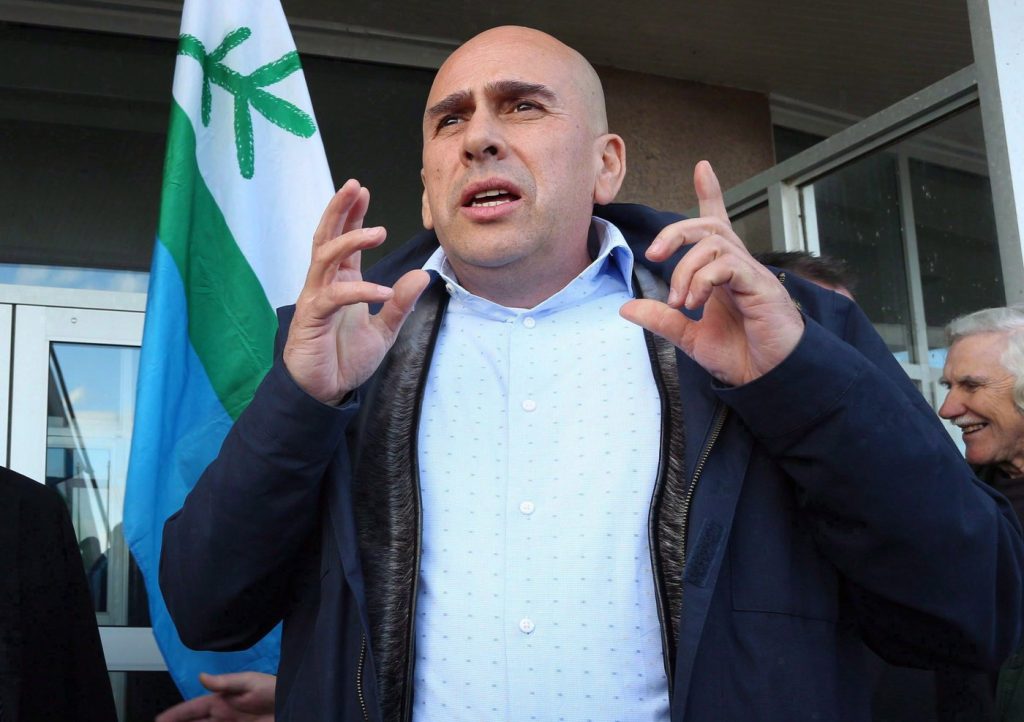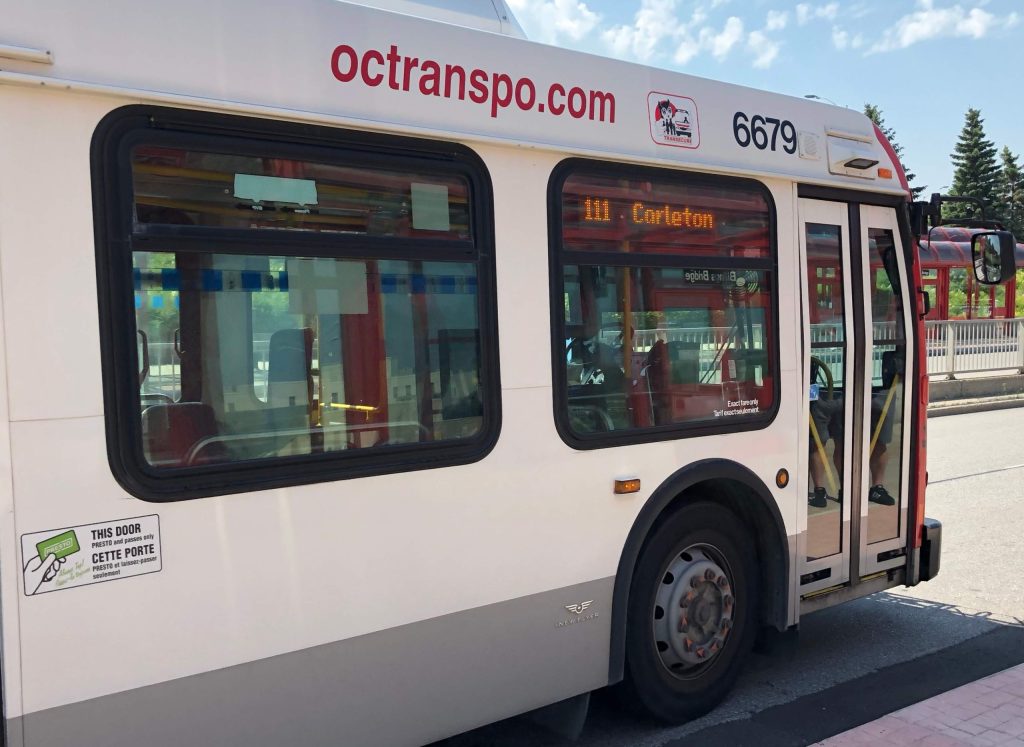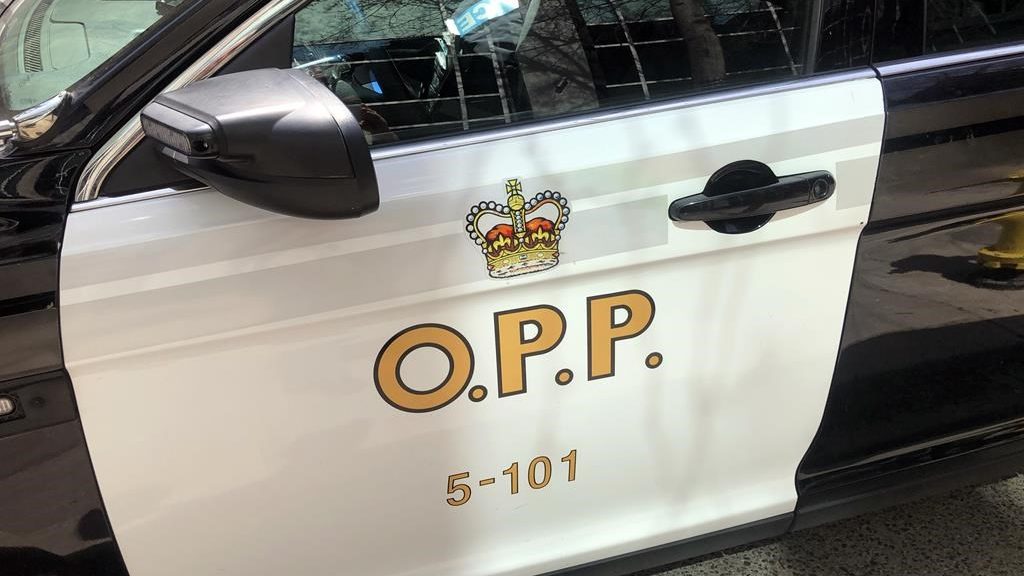NunatuKavut Community Council celebrates Federal Court decision in identity case

Posted Jun 13, 2024 12:28:24 PM.
Last Updated Jun 13, 2024 05:10:53 PM.
OTTAWA — The Federal Court has weighed in on the increasingly controversial issue of so-called Indigenous identity theft that has caused a rift in Labrador — or at least, that’s how the group at the centre of its work is taking it.
The NunatuKavut Community Council, formerly the Labrador Métis Nation and the Labrador Métis Association, represents some 6,000 self-identifying Inuit in south and central Labrador. They aren’t recognized as Inuit by any other federally recognized, rights-holding Inuit collective.
The central issue is whether the council could enter into a memorandum of understanding with the federal government, or if doing so gives the council legal recognition it is not entitled to.
The memorandum of understanding refers to the NunatuKavut Community Council as an “Indigenous collective capable of holding Section 35 Aboriginal rights,” something the Innu Nation took great issue with.
The Innu Nation, also based in Labrador, had asked the Federal Court to throw out the 2019 memorandum, saying the council’s land claims overlap with their territory and the Crown had failed to consult with them.
The Federal Court dismissed that application for judicial review on Wednesday, saying the agreement doesn’t affect legal rights and does not recognize the NunatuKavut Community Council as an “Aboriginal people of Canada.”
“It is an expression of goodwill and political commitment, and it serves to confirm a Recognition of Indigenous Rights and Self-Determination discussion table process through which NCC may, or may not, be ultimately recognized as an Aboriginal people of Canada,” a release from the court reads.
“The duty to consult may be triggered at a later date if Innu Nation’s or another Aboriginal group’s rights may be affected by a product of the RIRSD discussion table, and such a possibility is contemplated by the (memorandum). As yet, however, any potential impacts remain speculative.”
NunatuKavut Community Council president Todd Russell, who previously served as a Liberal member of Parliament, celebrated the decision and said the nearly five-year long “violent misinformation campaign” about his group is nearing its close, and that he looks to the future with optimism.
“The court decision means that Canada and the (NunatuKavut Community Council) should be able to continue negotiations without interference by other Indigenous groups or the court,” said Russell.
“We must chart a path where we work collaboratively and co-operatively for the health and well-being of all of our peoples in this land.”
Asked if the decision is truly a win for the group given it didn’t recognize Section 35 rights or recognize its members as Aboriginal Peoples, Russell called it “an unequivocal victory.”
“Now, on the finer points of the law, you may want to talk to our lawyers.”
The Innu Nation, which brought forward the case, is also celebrating the Federal Court decision as confirmation the NunatuKavut Community Council isn’t recognized as having Section 35 rights under the Constitution.
“Innu Nation is deeply frustrated that we have had to waste time and resources to confirm this but are extremely grateful for this legal clarification on (the council’s) standing as an Indigenous people,” the Innu Nation said in a statement.
Last month, the Innu Nation took its concerns about NunatuKavut Community Council to a summit on so-called Indigenous identity fraud, hosted by the Manitoba Métis Federation and the Chiefs of Ontario.
The groups passed a resolution against the NunatuKavut Community Council, calling on the federal government and Newfoundland and Labrador to “cease their actions accommodating Indigenous identity theft” by working with the organization and giving it access to benefits.
It also calls for criminal law reforms to ensure funds set aside for Indigenous Peoples are not misappropriated by individuals or organizations “fraudulently claiming Indigenous identity.”
In a statement on Wednesday, the Innu Nation urged Canada to listen to “630 First Nations, all Inuit and legitimate Métis” and stop signing agreements with groups like the NunatuKavut Community Council.
“The confusion created by these meaningless legal agreements with impostor groups causes real harms by, among other things, diverting desperately needed resources away from actual Indigenous Peoples.”
The Inuit Nunatsiavut government in northern Labrador, like the Innu Nation, does not recognize the council as an Inuit group, nor does Inuit Tapiriit Kanatami.
President Natan Obed accused the organization last year of co-opting Inuit identities to secure lands, rights and financial resources, while Russell defined those allegations as “defamatory.”
This report by The Canadian Press was first published June 13, 2024.
Alessia Passafiume, The Canadian Press








